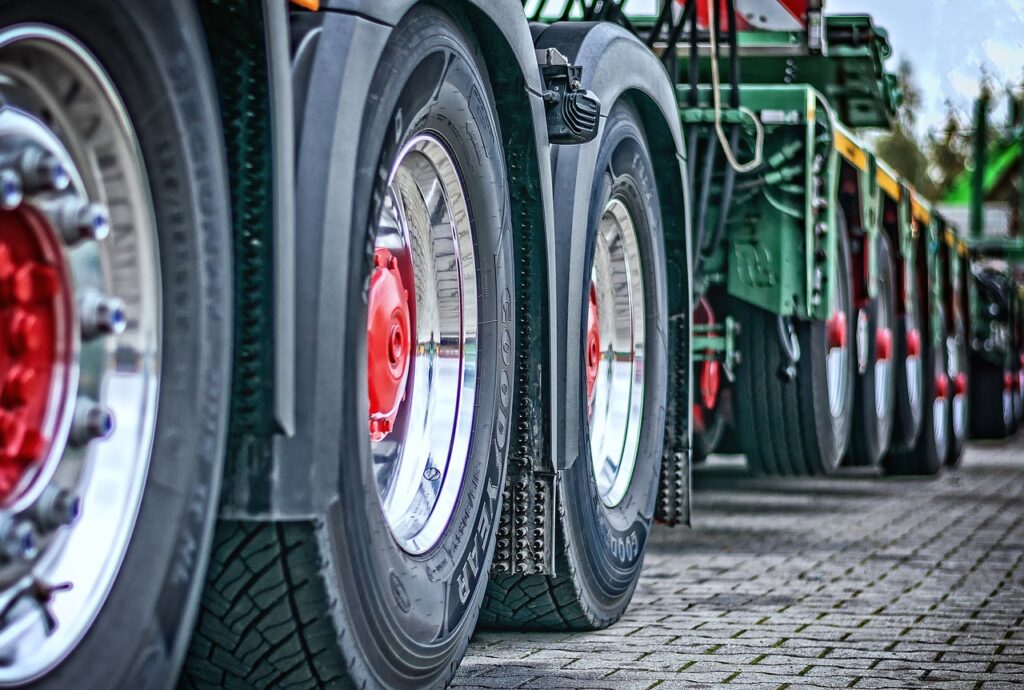Delphi, one of the world’s largest manufacturers of diesel technologies, is pivoting towards heavy-duty vehicles and accelerating its efforts in hydrogen-fueled vehicles.
Reşat Dumanoğlu, Regional Director for Turkey, Caucasus, Middle East, and Africa, revealed during a factory tour that Delphi aims to increase its focus on heavy-duty vehicles and after-sales services. Despite the global turnover of $3.5 billion in 2023 and operations across 44 locations in 20 countries, the reliance on diesel technology seems increasingly precarious. The share of passenger cars in Delphi’s product portfolio is currently 44%, while commercial vehicles and after-sales account for 56%. Delphi plans to shift this to a 70% focus on heavy-duty vehicles and after-sales by 2030.
The global automotive industry is undergoing a significant transformation, with many countries implementing stricter emissions regulations and promoting electric vehicles (EVs). While Delphi’s strategy to capitalize on the existing diesel vehicle fleet’s spare parts needs is understandable, the long-term sustainability of this approach is questionable. Competitors are rapidly investing in EV technology, and Delphi’s heavy reliance on diesel could be seen as a risky bet.
Dumanoğlu emphasized Delphi’s investment in hydrogen technology as an alternative to electric and traditional internal combustion engines. The company has secured an OE agreement with a European construction equipment manufacturer and plans to initiate production within the year. The Izmir factory, noted for its technical competence and capacity, is a potential candidate for hydrogen technology production.
While hydrogen-fueled vehicles offer an alternative to EVs, they face significant challenges, including high production costs, limited infrastructure, and lower efficiency compared to EVs. Companies like Toyota and Hyundai are leading the charge in hydrogen technology, yet even they face hurdles in widespread adoption. Delphi’s entry into the hydrogen market is ambitious but will require substantial investment and innovation to compete with established players and meet industry benchmarks.
Delphi’s goal to increase its heavy-duty and after-sales market share to 70% by 2030 is ambitious. Dumanoğlu highlighted the company’s collaborations with major global manufacturers like Stellantis Group, Daimler Truck, Ford, and others. He emphasized Delphi’s wide product range and solutions for technicians as competitive advantages.
